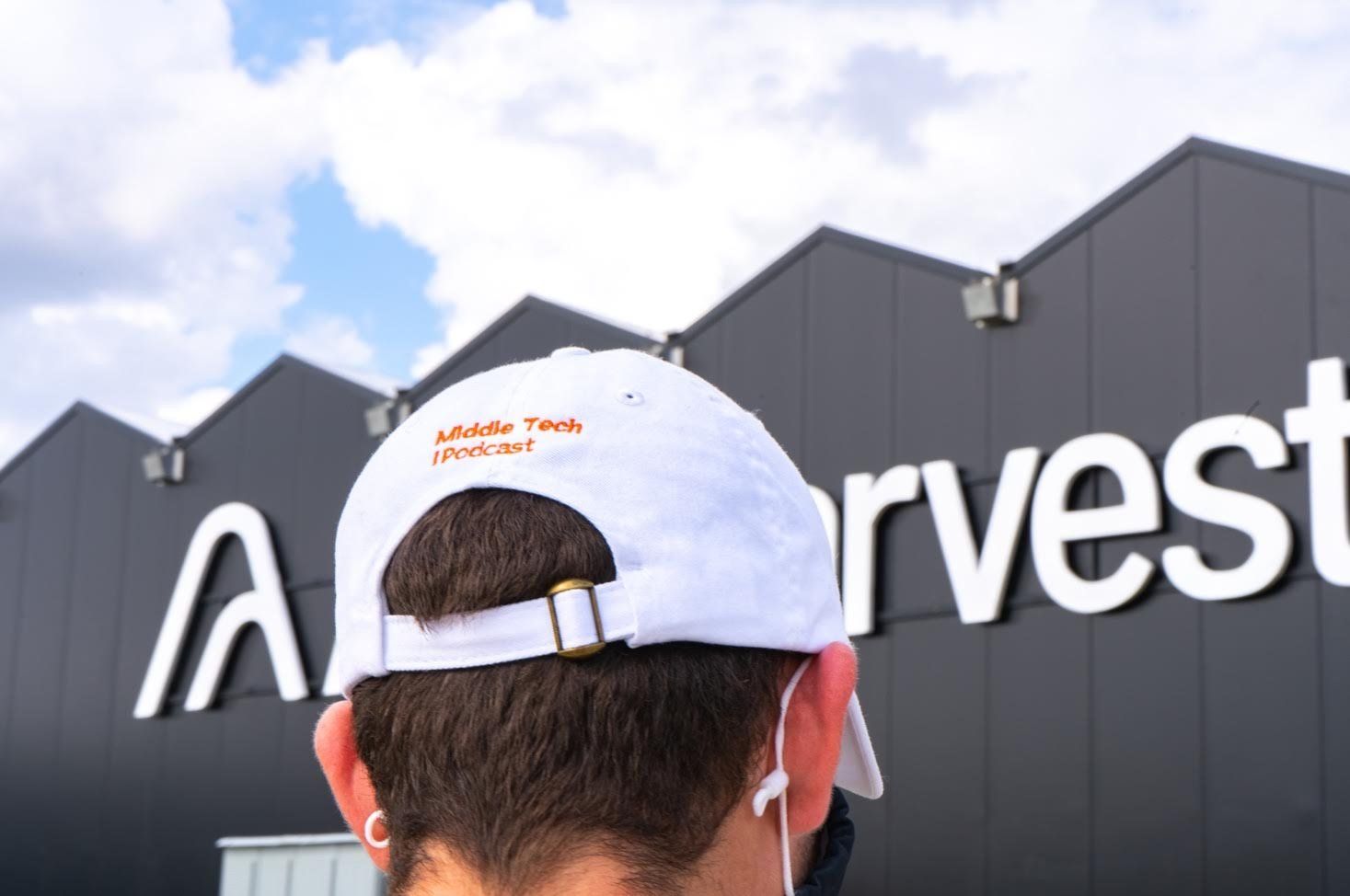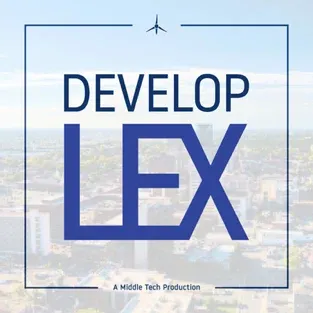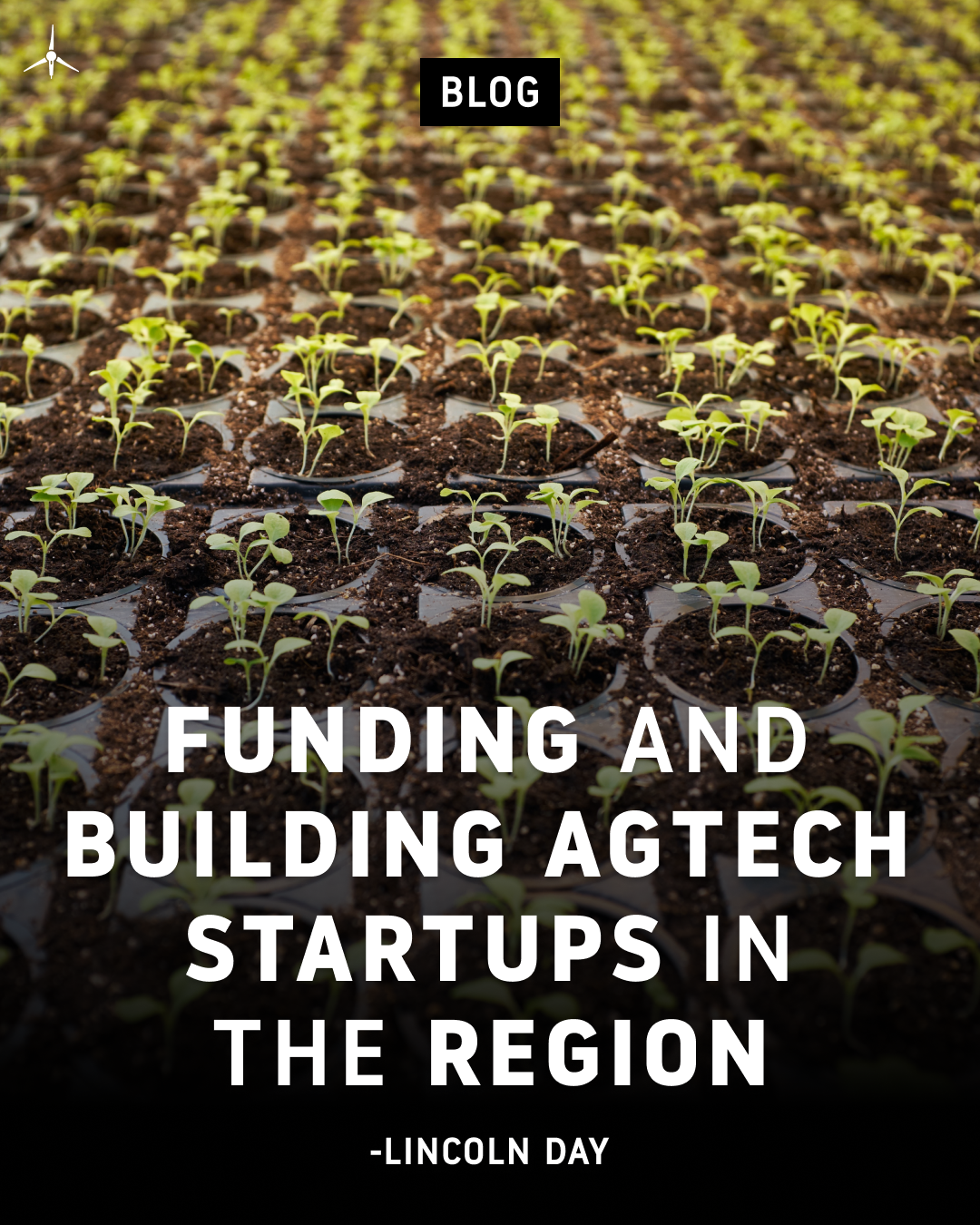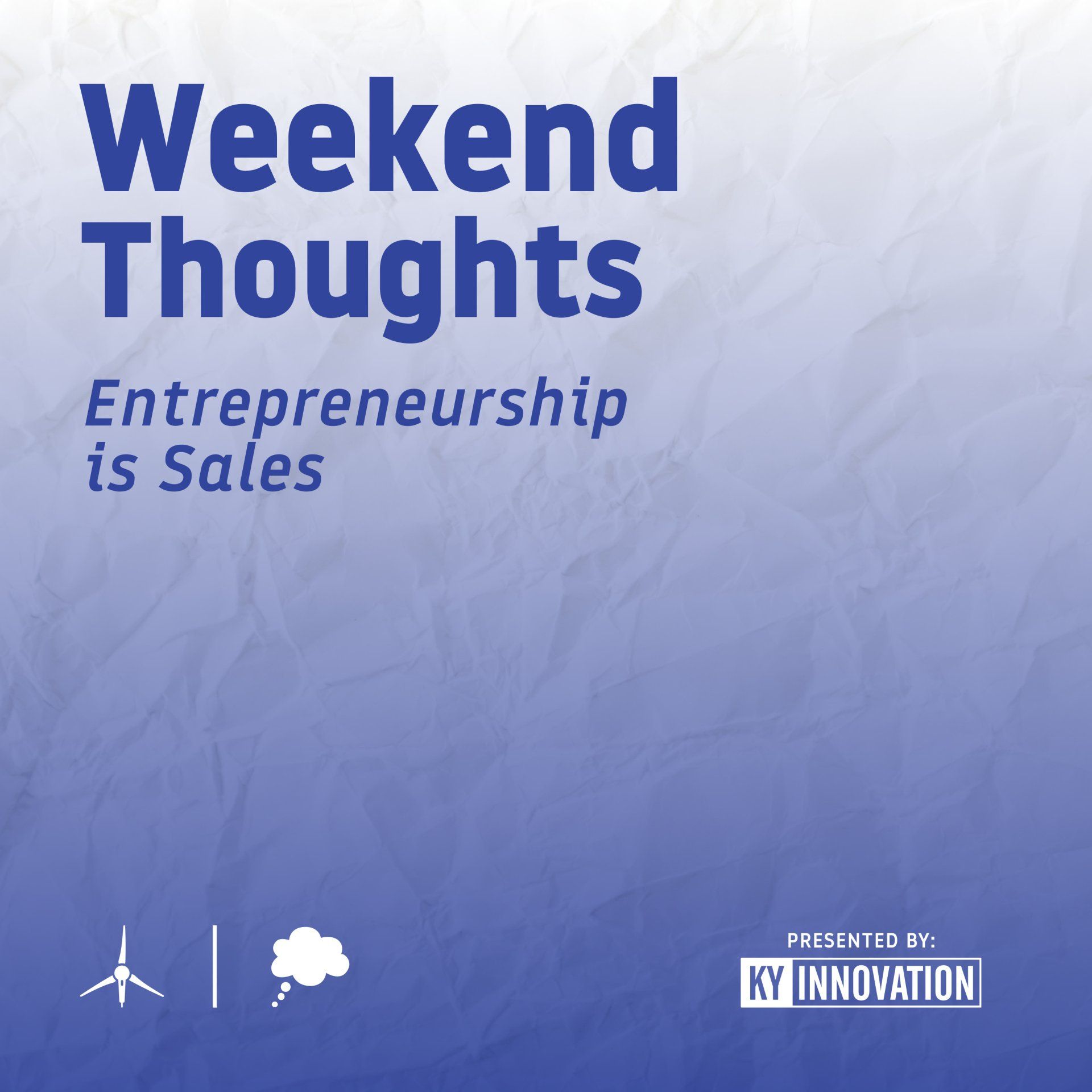Failing to Fail

Failure is an inevitable part of life as a startup founder; you may fail to raise money from a certain investor, you may fail to acquire a certain enterprise customer, you may fail to make the key hire you thought would take your team to the next level, and, of course, your company may simply fail to survive. The best and biggest hotbeds for startups and innovation--namely Silicon Valley, New York City, and Boston--embrace this truth, and past failures are embraced as a sign of valiance, of someone who had the courage to shoot for the moon but didn’t quite make it. In the eyes of most venture investors, these are typically the best candidates for investment--second-time founders coming back with experience navigating the uncertainty of the earliest stages of a startup, and a chip on their shoulder.
In the Midwest, however, things are typically the opposite. In many delicate, budding Midwestern startup ecosystems, unqualified gatekeepers typically dictate what is an acceptable mark on a founder’s past and what is not. Failure is often unacceptable and is a mark of someone who simply doesn’t have it in them. There are exceptions to this rule, of course, but if this trend were reversed, we’d see many more startups make it to venture scale as more second- or third-time founders would get access to a network of the local resources that would at least give them a better shot at being competitive companies on the regional--or even national--scale.
I’ve spoken to many, many founders in the Midwest who wonder when Columbus, Nashville, or Indianapolis will be the next Palo Alto or Austin. The truth is, likely never. But there’s no doubt that these low cost-of-living regions have incredible potential to be hotbeds for startups and innovation. The talent is there--many of these cities are home to offices of incredible companies like Salesforce, Experian, Comcast, and many more. The Midwest is still a long way off from attracting more of the best investors and founders, but a great first step to transforming the region is to begin embracing failure, and not just at the founder level--failure should be embraced at every level of the ecosystem, from startups to ecosystem initiatives to investments. By embracing failure, not only do we keep people engaged and ready to take the next big risk, but we also open the conversation on what needs to happen to make the ecosystem better.









